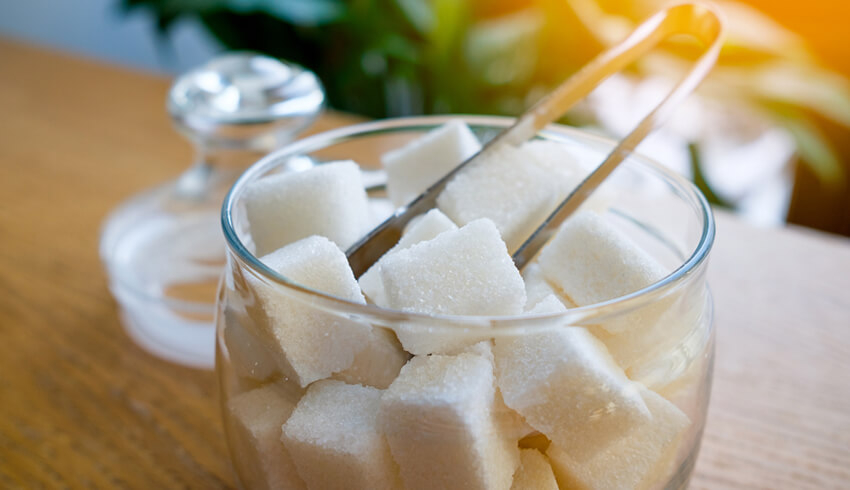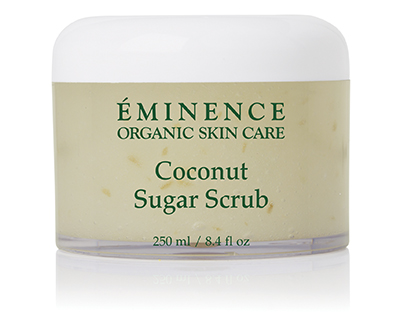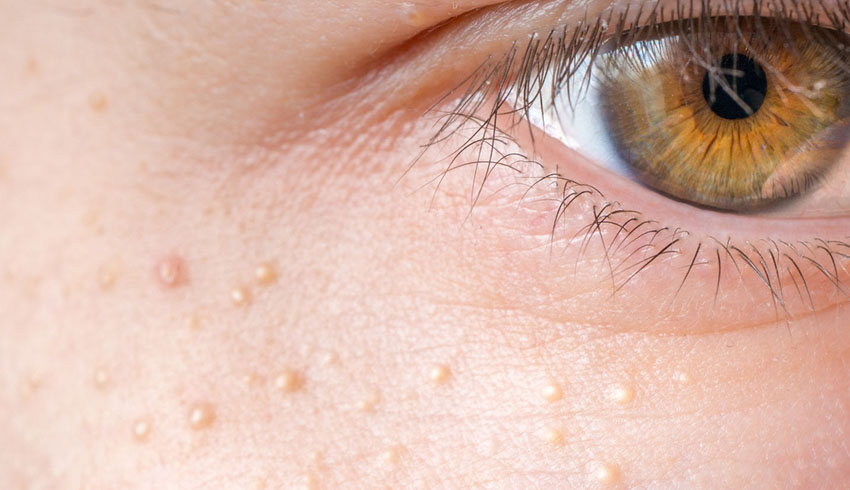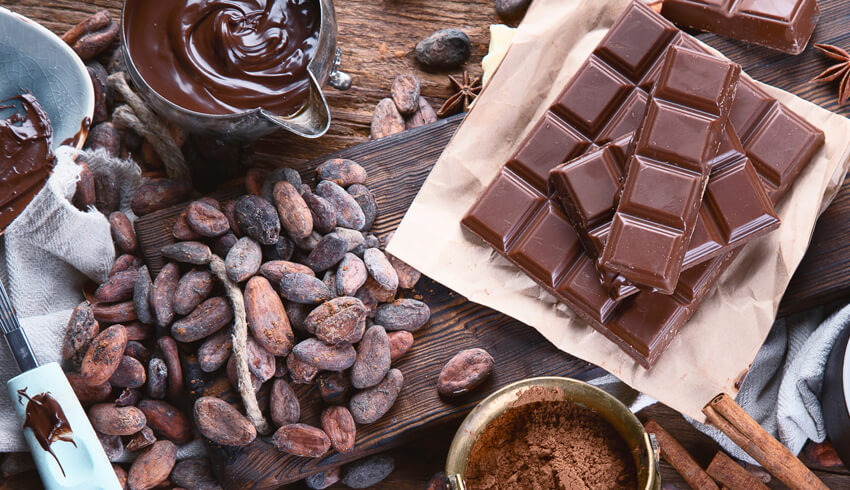
You already know that taking in too many sugary treats can have a negative effect on your skin and health — but did you realize that sugar can have the exact opposite effect when applied on the outside as a skin care ingredient?
It’s time to refocus your sugar obsession, away from that bag of M&Ms towards your skin care. Here’s the scoop on this sweet ingredient along with three reasons to start incorporating sugar into your skin care routine today.
1. Sugar Is Extra Gentle On The Skin
Sugar has small, dissolvable particles, making it a less abrasive physical exfoliant that suits even the most sensitive skin types. Unlike salt as an exfoliant, sugar leaves your skin hydrated and moisturized. Salt, on the other hand, has sharper edges which can cause microscopic tears in the skin and can also dehydrate the complexion, stripping it of its natural oils.

2. Sugar Is A Natural Source Of Alpha Hydroxy Acid (AHA)
Not only is sugar a gentle physical exfoliant, but it is also a natural source of glycolic acid, an alpha-hydroxy acid (AHA). These natural acids help break down layers of dead skin, encouraging cell turnover and revealing a more youthful-looking skin underneath (Huffington Post). This exfoliation process also helps the skin absorb vitamins and nutrients more effectively from other products in your skin care routine, including serums and moisturizers.
3. Sugar Doesn’t Harm The Environment
Many generic body scrubs use synthetic plastic microbeads which cause serious harm to our planet’s water systems. Once they are washed down the drain, these plastic microbeads sink to the bottom of lakes, rivers and oceans and stay there. On the other hand, natural physical exfoliants like sugar like those found in our Coconut Sugar Scrub and Cranberry Pomegranate Sugar Scrub dissolve completely in warm water before even reaching water treatment facilities. At Eminence, we use organic sugar granules in all of our sugar scrubs. The sugar cane we source is grown organically without any synthetic pesticides or herbicides – another win for the environment!



.jpg)